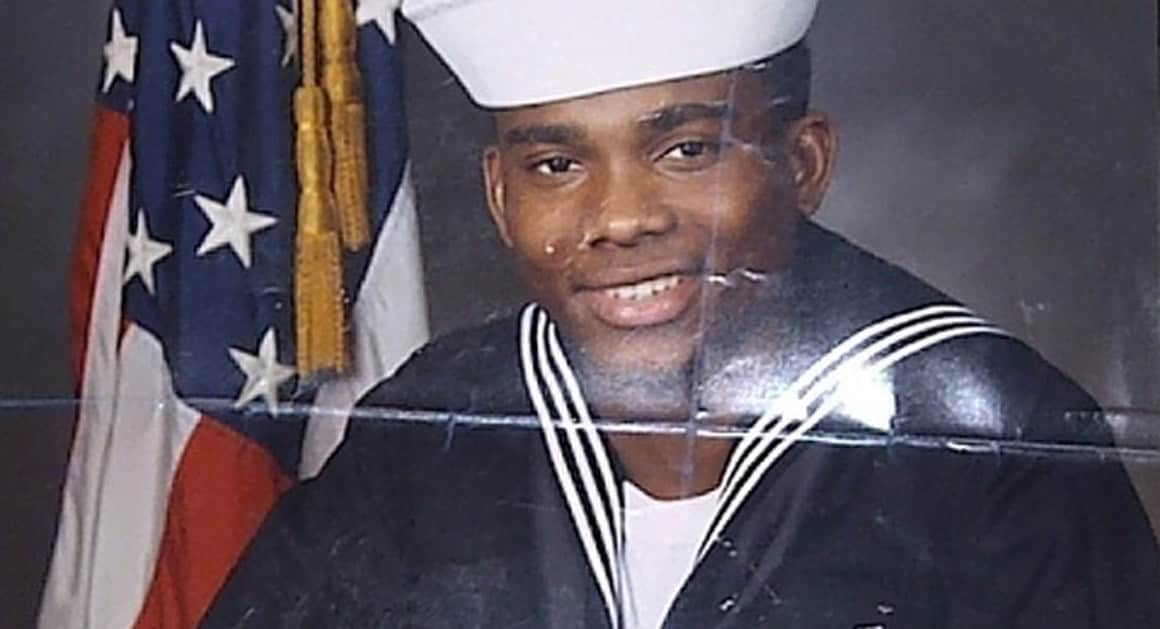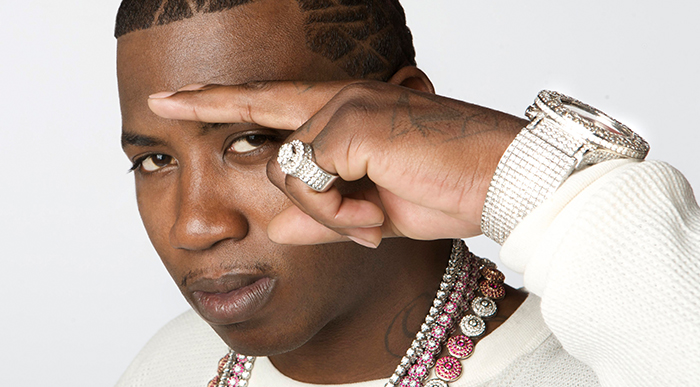Image via
Ten years. That’s how long US Navy veteran Howard Bailey spent living without his family after being deported from the United States to Jamaica. His crime? Receiving a mail delivery of cannabis for a friend — and believing his lawyer when he was counseled to plead guilty to the crime.
Luckily, Bailey was featured in a report on unjustly deported individuals and participated in a Senate judiciary committee hearing in June on how immigration policies affect veterans and their families, for which he had to testify from Jamaica.
Senator Alex Padilla, who had led that hearing, was moved by Bailey’s words to write a letter to the Department of Homeland Security to reopen his immigration case. 30 members of the Congressional Black Caucus added their voices to putting pressure on the Biden administration regarding justice for the veteran, Senators Tim Kaine and Mark Warner also wrote letters on Bailey’s behalf to the Department of Homeland Security.
Bailey immigrated to the United States as a teenager, and lived there as a permanent resident. He served two tours in the 1990-1991 Gulf War phase Operation Desert Storm, and four years for the Navy, receiving the National Defense Service Medal.
But after getting out, he was convicted of a first-time marijuana offense. He pled guilty, and then continued on with his life, starting a family and two small businesses. It wasn’t until 2010 when his citizenship application was denied — and ICE agents showed up at his house to handcuff him and lead him to an immigration detention center. He hadn’t been to Jamaica in 24 years, but nonetheless, he was deported. His cannabis-related crime was pardoned by the governor of Virginia in 2017.
An August 25th video posted on Twitter by the National Immigrant Justice Center shows a joyful airport reunion between Bailey and his family. The vet says his removal from the country upended the lives of his family.
“This is not something I wish on anyone,” he said in a press statement. “I would never want to live and see any other family go through what my family went through.”
Being the subject of that kind of injustice — and eventually getting validation and justice — will leave you with some thoughts to share. Here are some more of Bailey’s:
“Eleven years ago I went to bed with my family and woke up to be snatched away from my home and family—dragged out by ICE officers while my children watched. While I fought my case for two years in immigration detention someone inside said to me, ‘hey man—here, hope is dead. What are you hoping for?’ These past 11 years I thought he was right, but today I am home and I feel hope is alive again after so long.”
Bailey’s return is excellent news, but immigration advocates caution that it’s nowhere near solving a sweeping problem of injustice when it comes to community members being deported — a problem that disproportionately affects Black and Brown vets and other people.
“While momentous, Howard’s homecoming should not be an exception in the US immigration system,” associate director of policy at the National Immigrant Justice Center Nayna Gupta, said in a statement.
This serves as great motivation to support legislation that has been proposed in the Senate this year, which would provide protections for people who, like Bailey, admit to using cannabis in their application for citizenship. Clearly, weed being in your life does not preclude you from being a “good American” (whatever that is).











